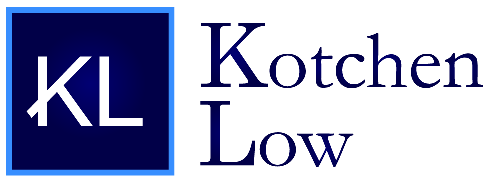Atlanta, GA, March 28, 2017 – Defendants Delta Air Lines and AirTran Airways’s summary judgment motions were granted today in In re Delta / AirTran Baggage Fee Antitrust Litigation, MDL 2089 (N.D. Ga.). The court previously certified a plaintiff class of over 30 million customers of Delta and AirTran alleging that the defendants conspired to charge first checked bag fees.
In support of their claims, Plaintiffs have cited a variety of evidence, including internal emails indicating AirTran and Delta discussed their interest in charging first bag fees if the other implemented first. In another email, an AirTran executive suggested communicating AirTran’s desire to charge first bag fees to Delta in response to a question on a quarterly earnings call. On its next quarterly earnings call, on October 23, 2008, AirTran was asked about plans to implement a first bag fee. AirTran responded that “we have elected not to [charge a first bag fee], primarily because [Delta] hasn’t done it. . . . [W]e prefer to be a follower . . . rather than a leader right now. [If Delta charged] [w]e would strongly consider it, yes.” Plaintiffs allege that this statement amounted to an invitation to collude, which Delta accepted days later when it announced a first bag fee, followed days later by AirTran. Immediately before AirTran’s earnings call, Delta’s economic analysis had concluded that a first bag fee would be unprofitable. As a result of the earnings call, Delta’s analysis was revised to assume that AirTran would follow, and Delta concluded that the fee would be profitable because Delta no longer expected to lose market share to AirTran if it imposed the fee.
The court granted summary judgment on the grounds that plaintiffs’ evidence failed to present any plus factors that tend to exclude the possibility of independent action. The court found that the alleged invitation collude could not be a plus factor because it was made in a public statement and contained “the type of information companies legitimately convey to their shareholders.” The court also found that there was evidence of “Defendants’ subjective beliefs that there were valid reasons to impose a first-bag fee.”
Plaintiffs will appeal the court’s ruling to the Eleventh Circuit Court of Appeals, as they believe that a reasonable jury could, and would, find that the Defendants conspired based on the evidence presented. Invitations to collude are not immunized from antitrust liability simply because they are made on a public earnings call or are of interest to investors. And the issue on summary judgment is not whether there is self-serving testimony that Defendants implemented the fee for non-conspiratorial reasons, but whether a reasonable jury could find that the fee was imposed as a result of collusion. Plaintiffs believe that the over 30 million class members who allegedly overpaid for first bag fees deserve to have their claims heard by a jury.
